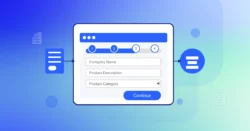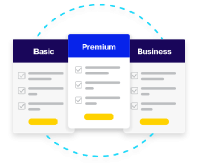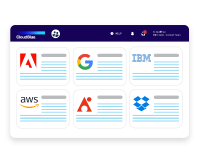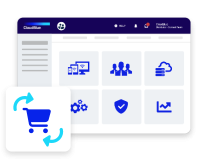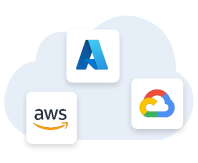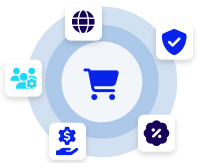A key performance indicator, or KPI, is a measurable metric that helps businesses track and evaluate their performance against specific goals.
For SaaS companies, KPIs are essential for monitoring critical aspects of a subscription-based model, such as revenue growth, customer success, and churn. These metrics serve as a guiding compass, providing valuable insights to inform decisions and refine strategies.
Whether you’re focused on increasing annual recurring revenue (ARR) or reducing churn, KPIs give you a clear picture of how your efforts align with your broader goals. In the fast-paced and dynamic SaaS industry, KPIs help businesses stay on track and adapt to changing market demand.
Why KPIs Matter in SaaS
In a subscription-based model, success is often tied to sustained customer relationships and consistent revenue. This makes KPIs like monthly recurring revenue (MRR), customer lifetime value (CLV), and churn rate vital to monitor. Tracking these metrics helps SaaS companies identify trends, measure progress, and address challenges proactively.
For example, an increasing churn rate may signal dissatisfaction among customers, prompting a deeper look into product features or customer support. On the other hand, steady growth in ARR or MRR indicates effective strategy implementation and scalability.
By focusing on the right KPIs, SaaS businesses can allocate resources efficiently and create a strong foundation for sustainable growth.
How to Use KPIs Effectively
The key to leveraging KPIs lies in choosing metrics that align with your overall business strategy. For SaaS companies, this could mean focusing on metrics that reflect customer success, such as net promoter score (NPS), or revenue-focused KPIs like upsell and cross-sell rates.
It’s also essential to regularly review and refine your KPIs as your company evolves. For B2B SaaS businesses, tracking KPIs at different stages of the customer journey—like acquisition costs, onboarding success rates, or product engagement—provides actionable insights that drive improvement.
With the right tools, such as CRM software or analytics platforms, companies can automate KPI tracking, ensuring data accuracy and saving time.
By aligning KPIs with long-term goals, SaaS companies can better understand their strengths, identify opportunities, and maintain their competitive edge in an ever-changing landscape.




